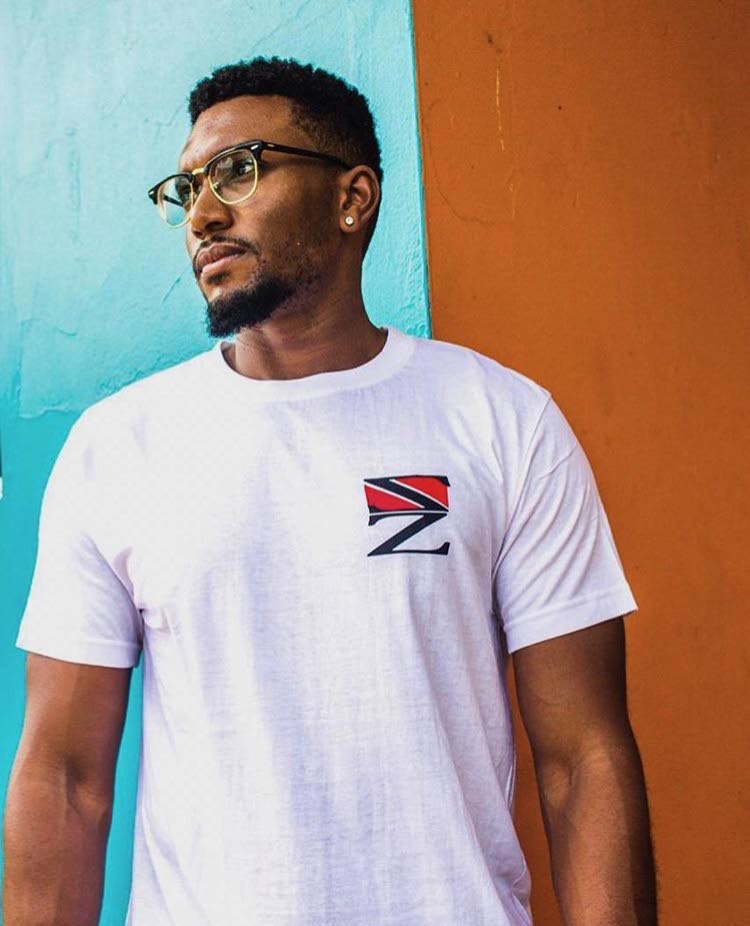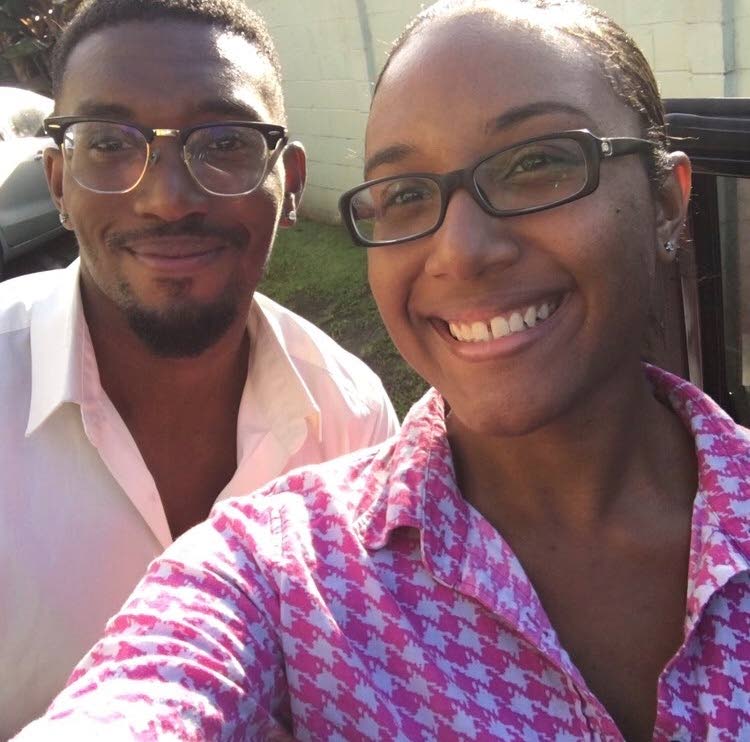Still being judged by race

The video of George Floyd being lynched by police in the US in May was viewed around the globe and gave new life and international support to the Black Lives Matter movement.
The world has since witnessed widespread protests demanding change – hoping to eliminate racism.
Since the era of the anti-slavery movement, descendants of Africans and allies have been fighting for human rights and equal treatment by the economic and justice systems.
Unfortunately, many black people, and others who think race does not define an individual, have been made to question their intentions and place in the world.
Mikheil Caraby says race is irrelevant when it comes to how someone should be treated.
But unfortunately, he admitted, many people are still classified and judged by their race or the colour of their skin.
He is no longer friends with several people who felt differently.
Caraby, 26, from west Trinidad, is a biomedical technology student at UWI. He said he had experienced racism and "colourism" multiple times, not only in the US but in TT.
Caraby said his mother identifies as black, though she has some East Indian ancestry, and his father is considered a "red man."
Asked when he first experienced racism, he said it was during his time at Fatima College.
"I grew up in east Trinidad until I was about seven. When we moved to the west. My mother, a single parent, ensured my younger sister Tiffani and I had the best of everything. Because of that, I did not grow up feeling less than anyone else.
"It was not until high school (that) I came across people who grew up getting different messages. At 14...I had my first experience of being called a n----r in a derogatory way. In response, I developed an equal amount of hate toward that person."
In the US he studied at Angelo State University in West Texas, followed by Howard University, studying chemistry and biology from 2013. It was there he came face to face with racism as seen on TV.
"While doing sprints at a park with five other friends, all black, we heard a truck speeding in our direction along the nearby road. As it got closer we all stopped and looked...we saw white men in the truck. We heard them screaming, 'You n-----s better run! N-----s run here!'"

Coming from TT, Caraby said he had experienced colourism, but nothing like that. He said those experiences gave him a sense of unity with many immigrants to the US.
"I wondered what I was doing there. There was so much hate in their voices I could tell it was not a joke for them.
"I remember calling my mother to tell her about it, because it felt unreal. That experience bothered me and caused me discomfort for a long time."
After returning to TT he worked at a medical facility in west Trinidad.
While in the US he had grown his hair a bit, but kept it well-groomed.
"No one had an issue with it until I worked at this specific place."
Caraby said other young men working there who had straight or curly hair grew their hair longer than his. But the supervisor took a special interest in ensuring he got a haircut, "because the texture of my hair at that length was said to have not been presentable.
"It became an issue – and so I decided to cut my hair."
Around the same time, he dated a girl who is racially mixed – black and white. Her mother, he said, also took issue with his hair, which disappointed him.
"I was being judged because of my hair.
"I considered myself a gentleman. I am from a good home, I went to good schools and I was doing something with my life – but she still didn't think I was good enough to date her daughter, because I was a black boy with nappy hair.”
This is an experience Caraby said he shares with many of his male cousins when they date "outside their race" – whether it happens to be a girl from an East Indian background or from a family that is mixed/light-skinned.
"Their parents make statements about race without actually saying it. It does not affect which girls I date – but it makes life easier to just avoid that kind of situation."
Asked if he has ever received negative feedback from his group of friends for thinking all races are equal, he said he is no longer friends with a number of people because he does not agree with classifying people on the basis of race or using racist language.
"The Black Life Matters movement has shown much of what people feel when it comes to race and colour in TT. It is frightening to think people can make these generalisations where they would even want to cause harm, just based on the colour of someone’s skin."

Some former friends, he said, would always use the word n----r, saying it has to do with a mentality and not the colour of someone’s skin. But something about it still felt wrong to him.
"I think they noticed my discomfort, because I realised they would stop using the word around me. I always had a feeling they would use it whenever I was not around."
Caraby said he hopes people will continue the conversation on race, class and colour in TT.
“Like so many of us in TT, I have both African and East Indian heritage in my family.
"In a place like this, where we all have family members and friends from all racial and socio-economic backgrounds, it is heartbreaking that people still try to draw these lines to separate people.”


Comments
"Still being judged by race"